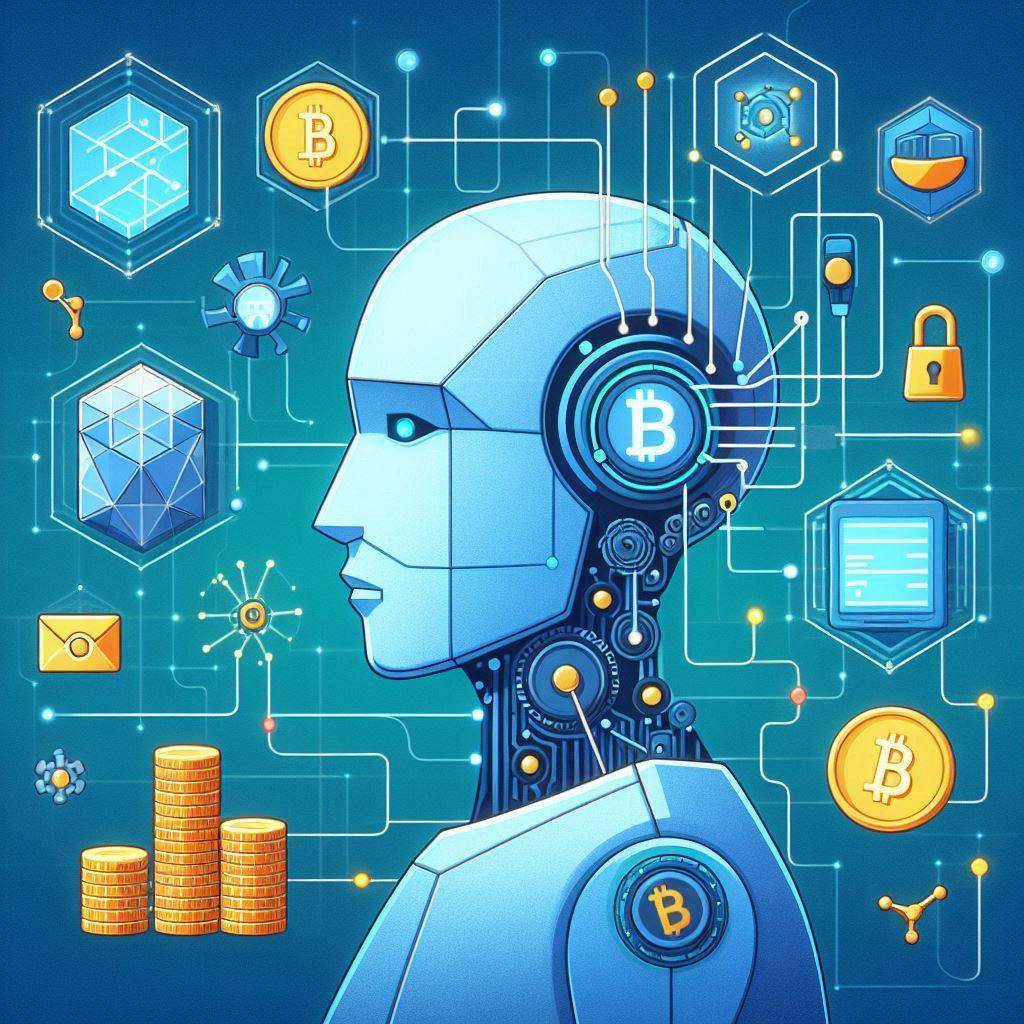
Biconomy, a Web3 infrastructure firm, is integrating artificial intelligence (AI) agents to facilitate on-chain transactions on behalf of users. This is made possible through their relatively new Delegated Authorization Network (DAN), which acts as an authorization layer allowing users to delegate trading activities to AI agents, as explained by Biconomy co-founder Aniket Jindal.
The concept of authority delegation allows AI agents to autonomously manage trading accounts and execute transactions based on predefined instructions. Users can define permissions through a decentralized application (DApp) and provide personalized input regarding their allocation preferences and trading strategies.
"DAN essentially enables users to delegate specific transactional tasks and authorizations to AI agents, allowing them to operate within set parameters," Jindal stated. "For instance, users might instruct the AI, 'please use my $1,000 for this strategy,' or offer more detailed control via a dashboard interface."
AI agents are designed to perform a variety of tasks autonomously or semi-autonomously on behalf of users. These tasks range from automating repetitive actions to making complex decisions in dynamic environments based on preset criteria or learned experiences.
The distinction between AI agents and AI-powered trading bots lies in their complexity and adaptability. While AI agents assist in optimizing asset allocation and portfolio management, trading bots are specifically geared toward automating the buying and selling of assets.
To ensure key privacy, Biconomy employs a sharding mechanism. The system generates a unique delegated authorization key for each user, fragments it into multiple shards, and distributes these across a decentralized network of nodes, preventing any single node from accessing the complete key.
"DAN leverages EigenLayer for Ethereum’s robust economic security to ensure that each node in the network performs as intended," Jindal explained. Validators in the EigenLayer network restake their Ethereum holdings, with the risk of slashing if malicious activity is detected.
Jindal emphasized that AI will soon engage in on-chain transactions, and DAN enables this securely without compromising self-custody.
The market for AI agents in the finance sector is anticipated to grow rapidly. By 2030, the global market for autonomous AI and agents is projected to reach approximately $70.53 billion, with a compound annual growth rate of 42.8% from 2023 to 2030, according to a report from Grand View Research. Financial institutions are increasingly leveraging AI agents to automate trading, manage risk, and detect fraud, among other applications.